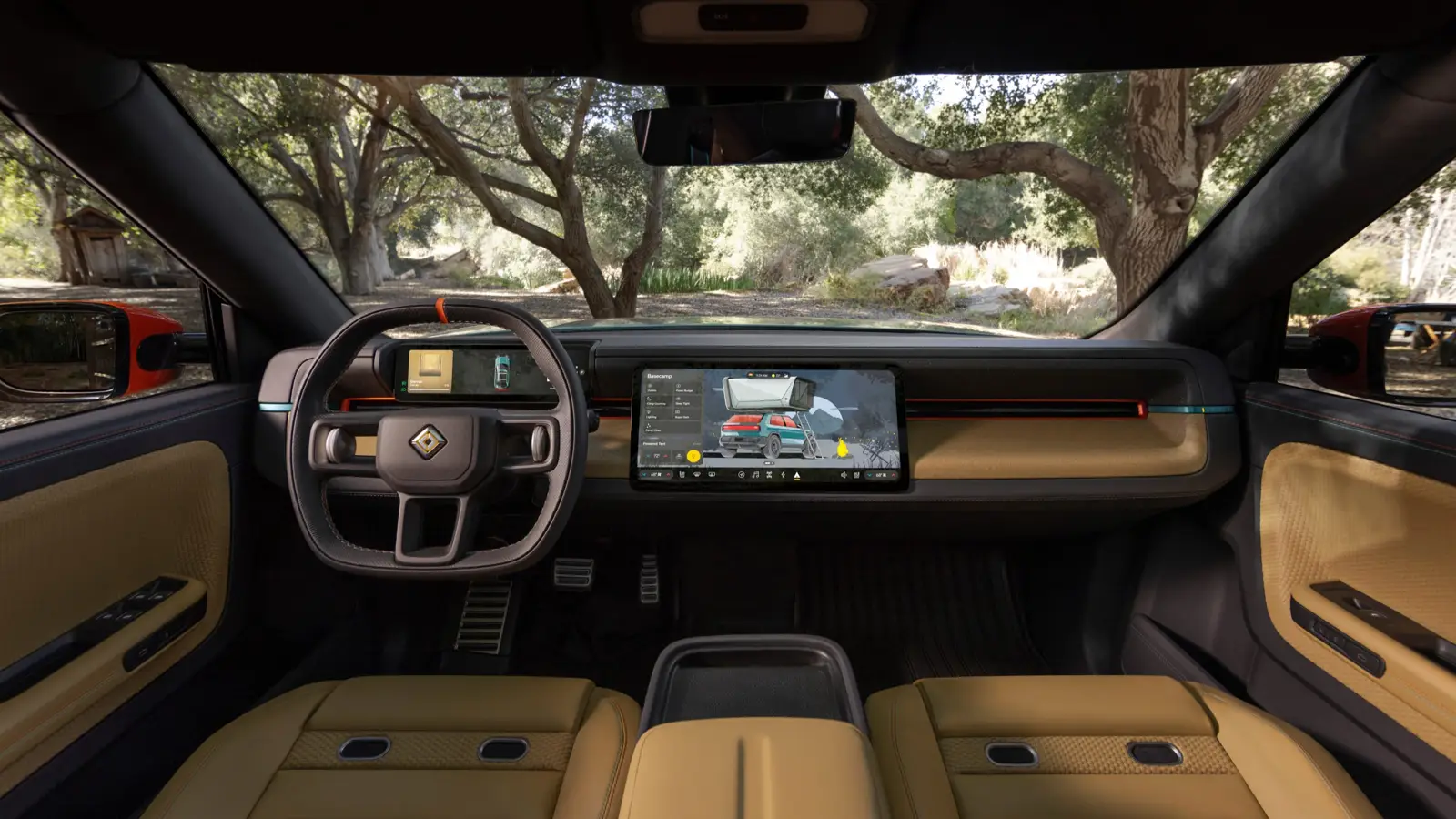Rivian’s RJ Scaringe explains why AI drives decision to skip CarPlay

Rivian CEO RJ Scaringe told The Verge’s Decoder podcast that AI integration is the key reason the company avoids Apple CarPlay in favor of its own ecosystem.
Rivian has taken a decisive step by moving away from Apple CarPlay, a system many drivers have come to rely on. CEO RJ Scaringe explained that the decision is not rooted in any dislike for Apple’s software but in the company’s goal to build its own digital ecosystem—one in which artificial intelligence plays a central role.
According to Scaringe, Rivian aims to create a seamless, intuitive interface where all major services—from YouTube and Spotify to Apple Music and Google Maps—work together without switching between systems. He emphasized that Rivian wants to “hold the glue” that connects these experiences, especially as AI becomes more deeply integrated into the driving environment. The approach highlights Rivian’s ambition to be not just a carmaker, but a technology platform.
This move aligns with a broader industry trend. More automakers are stepping back from Apple and Google ecosystems to maintain control over software and user data. GM, for example, has already phased out CarPlay in its new electric vehicles, citing the need for tighter system integration. Tesla has never supported CarPlay, and Rivian now stands alongside it in taking a similar stance.
Meanwhile, Apple continues to expand its reach with CarPlay Ultra—a next-generation platform capable of managing not just entertainment but also key vehicle functions like climate control and dashboard displays. That deeper integration has sparked concern among carmakers, who fear giving Apple too much access to vehicle data. Scaringe hinted that Rivian prefers to keep that control within its own ecosystem.
Instead of CarPlay, Rivian is developing its own connected environment. Its vehicles already support native Apple Music with Dolby Atmos, along with Spotify, YouTube, and Google Maps. In 2025, Rivian began testing a voice assistant powered by Google Gemini, designed to handle communication, navigation, and AI-driven interactions that make the in-car experience more conversational and intelligent.
Some Rivian owners, however, remain frustrated by the absence of CarPlay. Many drivers are accustomed to Apple’s regular updates and smooth integration, while automakers have often been slow to evolve their software. Yet Scaringe remains confident that, over time, users will see the advantages of Rivian’s unified digital experience—one where everything from music to AI lives under the same roof.
Mark Havelin
2025, Oct 09 08:08


